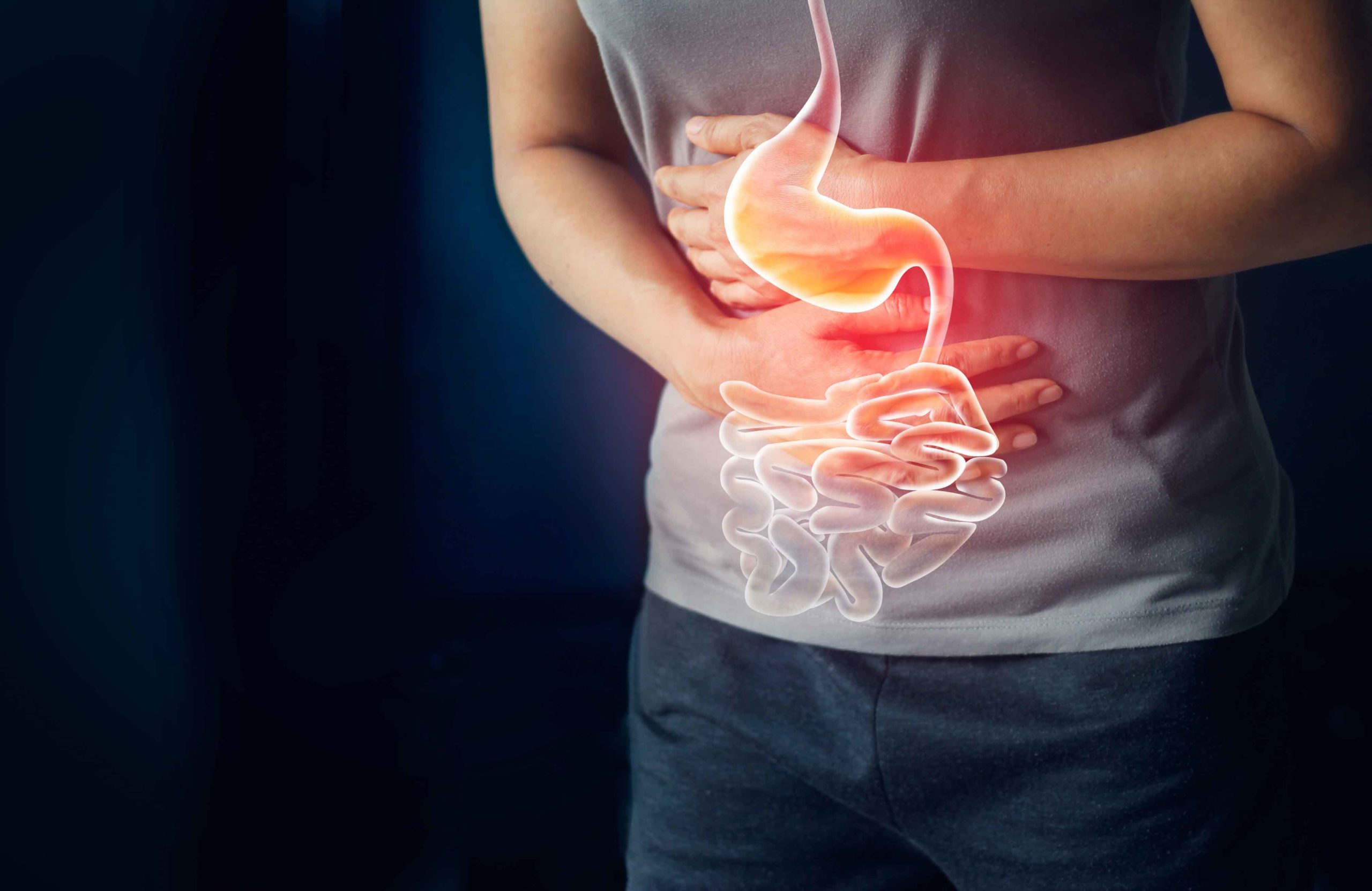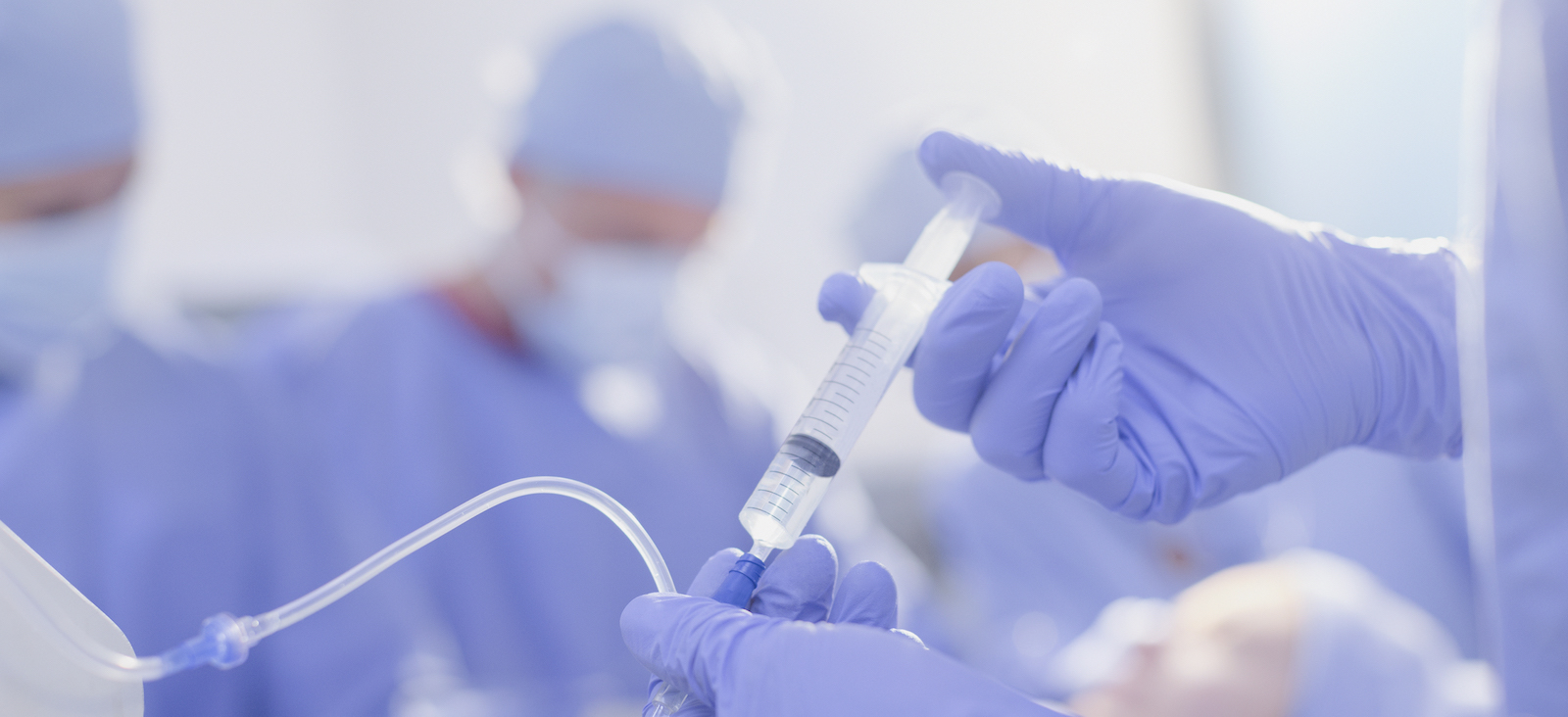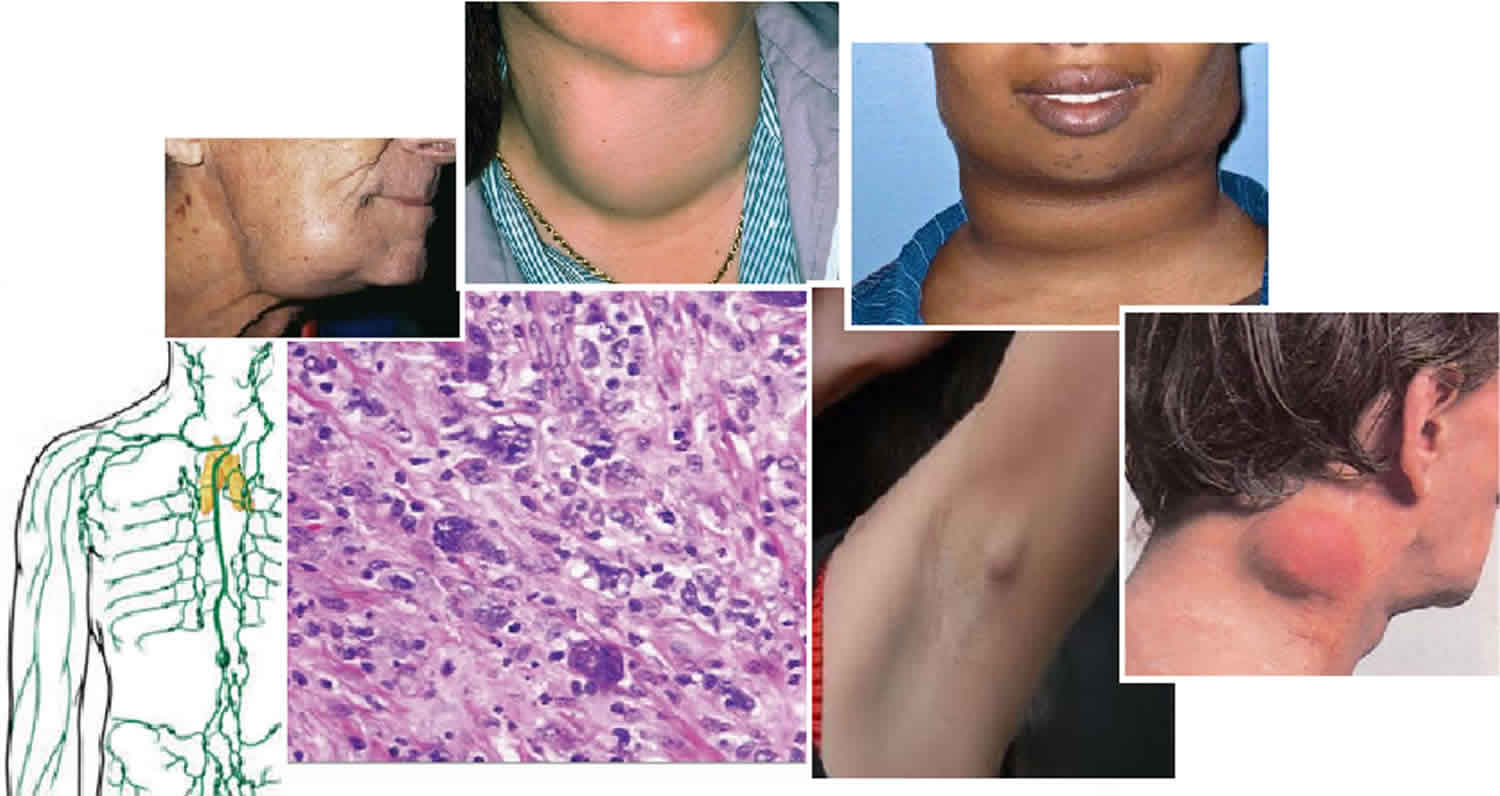Peptic Ulcers
What Is Meant By Peptic Ulcers?
You have a peptic ulcer if you get open sores in the lining of your stomach or the
upper part of the small intestine. That happens when your stomach acids etch away
your digestive tract’s protective layer of mucus. You may have no symptoms, or you
may feel discomfort or burning pain. Peptic ulcers can lead to internal bleeding,
which sometimes can mean you’ll need blood transfusions in the hospital.
You can have two types of peptic ulcer disease:
Gastric ulcer.
You get this on your stomach lining.
Duodenal ulcer.
This appears at the top end of the small intestine, an organ that digests and
absorbs much of the food you eat.
Symptoms.
Burning stomach pain.
Feeling of fullness, bloating or belching.
Intolerance to fatty foods.
Heartburn.
Nausea.
The most common peptic ulcer symptom is burning stomach pain. Stomach acid
makes the pain worse, as does having an empty stomach. The pain can often be
relieved by eating certain foods that buffer stomach acid or by taking an acid-
reducing medication, but then it may come back. The pain may be worse between
meals and at night.
Many people with peptic ulcers do not even have symptoms.
Less often, ulcers may cause severe signs or symptoms such as: Vomiting or vomiting blood — which may appear red or black.
Dark blood in stools, or stools that are black or tarry.
Trouble breathing.
Feeling faint.
Nausea or vomiting.
Unexplained weight loss.
Appetite changes.
Causes.
Peptic ulcers occur when acid in the digestive tract eats away at the inner surface
of the stomach or small intestine. The acid can create a painful open sore that
may bleed.
Your digestive tract is coated with a mucous layer that normally protects against
acid. But if the amount of acid is increased or the amount of mucus is decreased,
you could develop an ulcer.
Risk factors
Smoke.
Smoking may increase the risk of peptic ulcers in people who are infected with
H. pylori.
Drink alcohol.
Alcohol can irritate and erode the mucous lining of your stomach, and it
increases the amount of stomach acid that's produced.
Have untreated stress.
Eat spicy foods.
Peptic Ulcers
What Is Meant By Peptic Ulcers?
You have a peptic ulcer if you get open sores in the lining of your stomach or the
upper part of the small intestine. That happens when your stomach acids etch away
your digestive tract’s protective layer of mucus. You may have no symptoms, or you
may feel discomfort or burning pain. Peptic ulcers can lead to internal bleeding,
which sometimes can mean you’ll need blood transfusions in the hospital.
You can have two types of peptic ulcer disease:
Gastric ulcer.
You get this on your stomach lining.
Duodenal ulcer.
This appears at the top end of the small intestine, an organ that digests and
absorbs much of the food you eat.
Symptoms.
Burning stomach pain.
Feeling of fullness, bloating or belching.
Intolerance to fatty foods.
Heartburn.
Nausea.
The most common peptic ulcer symptom is burning stomach pain. Stomach acid
makes the pain worse, as does having an empty stomach. The pain can often be
relieved by eating certain foods that buffer stomach acid or by taking an acid-
reducing medication, but then it may come back. The pain may be worse between
meals and at night.
Many people with peptic ulcers do not even have symptoms.
Less often, ulcers may cause severe signs or symptoms such as: Vomiting or vomiting blood — which may appear red or black.
Dark blood in stools, or stools that are black or tarry.
Trouble breathing.
Feeling faint.
Nausea or vomiting.
Unexplained weight loss.
Appetite changes.
Causes.
Peptic ulcers occur when acid in the digestive tract eats away at the inner surface
of the stomach or small intestine. The acid can create a painful open sore that
may bleed.
Your digestive tract is coated with a mucous layer that normally protects against
acid. But if the amount of acid is increased or the amount of mucus is decreased,
you could develop an ulcer.
Risk factors
Smoke.
Smoking may increase the risk of peptic ulcers in people who are infected with
H. pylori.
Drink alcohol.
Alcohol can irritate and erode the mucous lining of your stomach, and it
increases the amount of stomach acid that's produced.
Have untreated stress.
Eat spicy foods.





